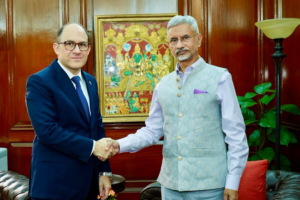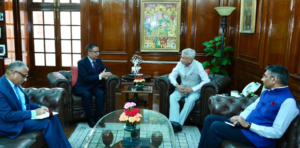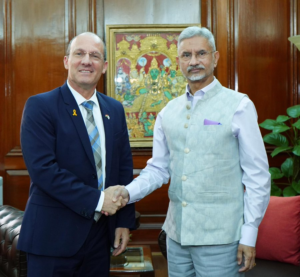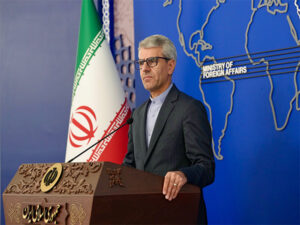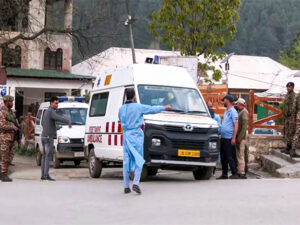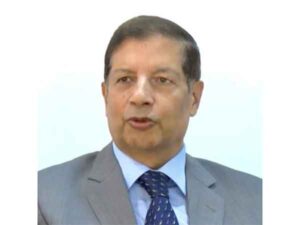“We are trying to bridge digital divide between developed, developing world”: Commonwealth Secretary General
Kampala [Uganda], January 20 (ANI): The Commonwealth Group is trying to bridge the digital divide between the developed and developing worlds, and several steps have been taken in the direction of climate finance, artificial intelligence and improving trade, Commonwealth Secretary-General Patricia Scotland said on Friday.
She further highlighted the Commonwealth Climate Finance Access Hub and the AI Digital Consortium created by the Commonwealth group.
Speaking to ANI, Scotland said, “One of the things that we have created in the Commonwealth is the Commonwealth Climate Finance access hub. That hub, with a tiny bit of money…has been able to already deliver USD 322 million worth of support to our developing countries, and we’ve got more than USD 500 million in the pipeline”.
“In addition to that, we’re looking at how we can improve trade through our connectivity agenda. And digital connectivity is extremely important. And as a result, we created an AI Digital Consortium to help those in the Global South really take advantage. And we’re trying to bridge the digital divide between the developed world and the developing world. And many of the leaders in India are joining our consortium,” she added.
The Secretary General further said that the Commonwealth group aims to take the intra-group trade to USD 1 trillion by 2026 and to USD 2 trillion by 2030.
“We have now got USD 721 billion of intra-Commonwealth trade through the connectivity agenda. We would like to grow that to 1 trillion by 2026 and 2 trillion by 2030. And the way in which the digital expansion is taking place, we’re fairly confident that if we share expertise, if we share knowledge, if we share the technological footprint of how we deliver change, we can do that,” she further said.
Scotland also underscored India’s exponential growth and its role in providing help and support to other countries. She also emphasised New Delhi’s role in the inclusion of the African Union as the permanent member of the G20 during the summit last year.
“India has always been at the heart of the non-aligned movement and has provided great help and support for many of the developing countries who have watched India’s exponential growth, watched how India has grappled with the same challenges,” Scotland said.
She added, “The fact that Africa has now become a member of the G20 and it’s, in effect, a G21, has been highly praised and much valued. So there was a real significance and appreciation for what India has achieved during this period and the help and support”.
Meanwhile, the 19th NAM Summit under Uganda’s leadership is being held under the theme ‘Deepening Cooperation for Shared Global Affluence’ and brings together more than 120 developing countries on a platform of crucial historic significance.
The NAM is a forum of 120 countries that are not formally aligned with or against any major power bloc.
India wholeheartedly supports Uganda’s theme for NAM and looks forward to engaging with NAM countries. As one of the leading and founding members of NAM, India remains committed to the principles and values of the movement, according to a statement by the Ministry of External Affairs.

